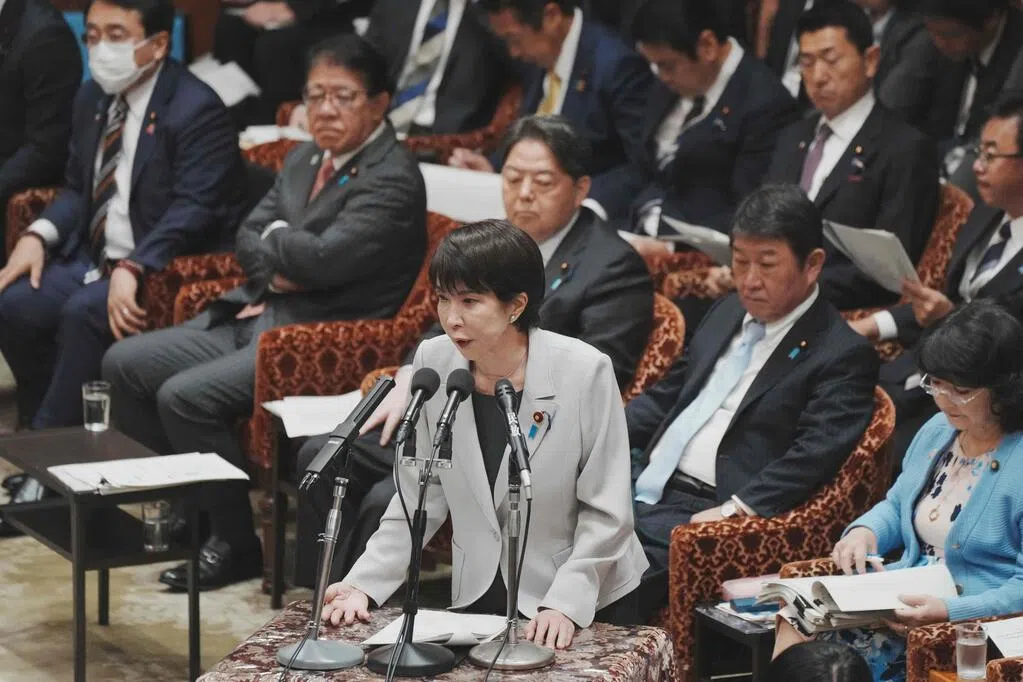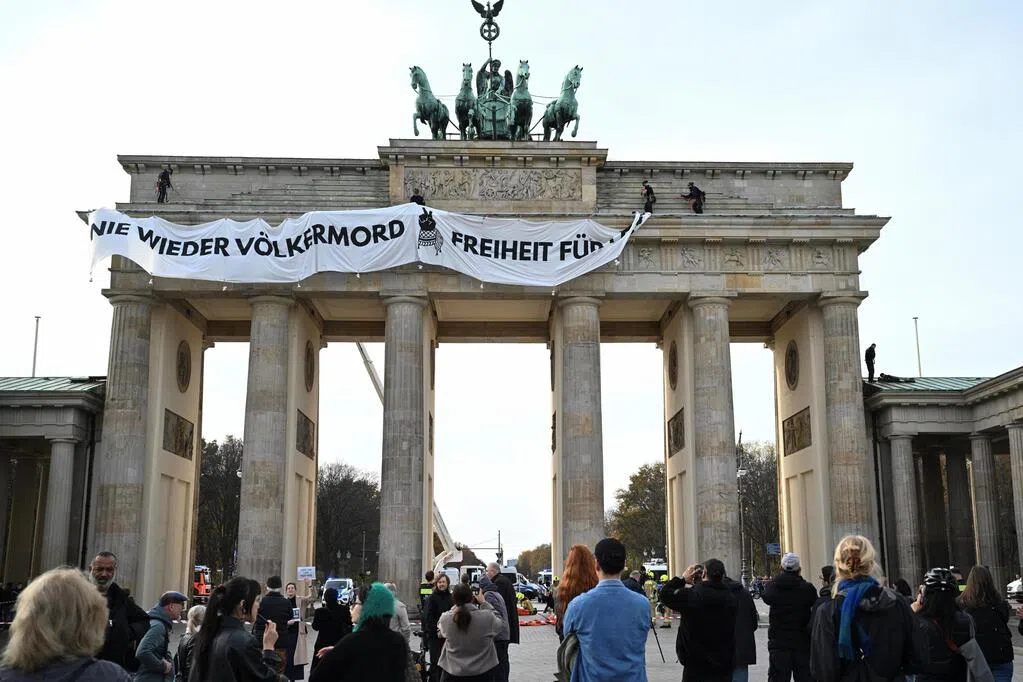(Belen, November 15) A massive climate protest erupted in the northern Brazilian city of Belém on Saturday, with tens of thousands taking to the streets to express their discontent with governments and the fossil fuel industry, chanting for greater action to protect the planet. This was the first such large-scale protest since the COP26 summit in Glasgow four years ago.
The rally, dubbed the "People's March," saw demonstrators express their demands on Saturday (November 15) in temperatures nearing 30 degrees Celsius through singing, playing musical instruments, and waving signs. Some even staged a mock fossil fuel "funeral procession," dressed in black as grieving widows and carrying three coffins labeled "coal," "oil," and "natural gas," symbolically declaring the end of the fossil fuel era.
The march traversed 4.5 kilometers across the city before stopping a few blocks from the venue of the 30th UN Climate Change Conference (COP30), avoiding a direct route. Organizers stated that as many as 50,000 people gathered before the protests dispersed peacefully.
The previous three climate conferences almost universally prohibited demonstrations, making this year's protest rally all the more prominent.
It is reported that since COP30 began on November 10th, two indigenous-led protests have disrupted the conference proceedings. During Tuesday's (November 11th) protest rally, indigenous people even attempted to storm the venue, leading to clashes with security personnel.
Further Reading


First Week of Negotiations Proceeds Slowly; Chairman Urges Delegates to Avoid Delaying Tactics
The 12-day COP30 summit is halfway through, and negotiators are working to advance its massive agenda. This annual international conference aims to translate national commitments into concrete actions to slow the continued rise in global temperatures and provide support to those most affected by climate change.
However, countries are deeply divided over unclear trade measures and climate goals. Points of contention include a demand for richer countries to triple their financial aid to poorer nations for adapting to global warming, and Brazil's proposed "roadmap" for phasing out fossil fuels, which, while supported by countries like Denmark, the UK, and Kenya, faces strong opposition from major oil-producing nations such as Saudi Arabia and is unlikely to be adopted at COP30.
COP30 Chairman Dollago acknowledged on Saturday that the first week of intensive negotiations had failed to achieve a breakthrough and urged diplomats not to waste time with delaying tactics. He promised to release a statement on Sunday (March 16th) summarizing the positions of all parties and providing a task list for ministers taking over the negotiations on Monday.



